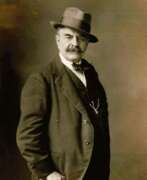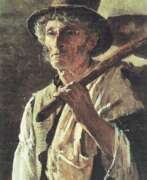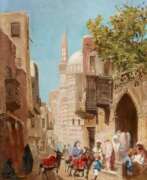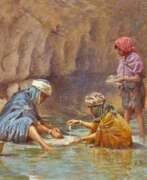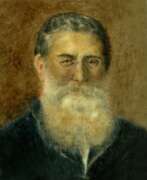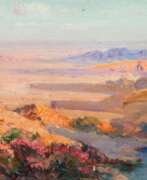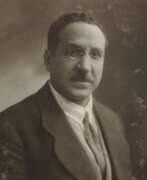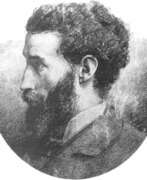Orientalists 19th century
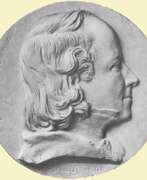

Eugène Burnouf was a French Orientalist scholar, linguist, and researcher of Buddhism in the mid-19th century.
Burnouf studied at the School of Law and the Collège de France. In collaboration with the Norwegian orientalist Christian Lassen, he published Essai sur le Pali (1826) in one of the languages of Indian Buddhism. He then undertook the decipherment of Zoroastrian manuscripts.
As professor of Sanskrit at the Collège de France (1832-1852), Burnouf made a significant contribution to the study of Zoroastrianism. He also made a Sanskrit edition and French translation of the important Hindu text Le Bhâgavata Purana (1840) and published a history of Buddhism (1845).
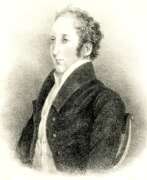

Charles D'Oyly was a British public official and painter from Dacca (now Dhaka). He was a member of the Bengal Civil Service based in Calcutta, Dacca and Patna from 1797 to 1838. Although he held senior positions with the East India Company's civil service, he is best known as an amateur artist who published many books featuring engravings and lithographs featuring Indian subject matter.
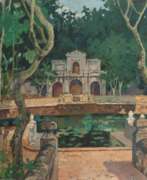

Henri Célestin Louis Dabadie was a French landscape and Orientalist painter.
He was a student of Jules-Élie Delaunay and Henri Michel-Lévy. After completing his studies, he devoted himself to Impressionistic landscape painting; primarily in Brittany. He alo painted harbor scenes in Rotterdam and Hamburg.
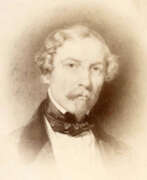

Eugène Flandin was a French artist and archaeologist. He is best known for his watercolor paintings of ancient monuments and landscapes in the Middle East, as well as his contributions to the field of Orientalist studies.
Flandin received his artistic training at the École des Beaux-Arts in Paris, where he studied under the painter Horace Vernet. He later went on to become a professor of archaeology and Oriental languages at the Collège de France.
Flandin's artistic work focused primarily on the ancient ruins and landscapes of the Middle East. Flandin was also a pioneer in the field of Orientalist studies, which focused on the art, culture, and history of the Middle East. He conducted extensive research on Persian and Ottoman art and architecture, and published several books on the subject.
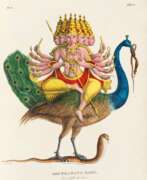

Eugene Jacquet, full name Eugene Vincent Stanislas Jacquet, was a Belgian orientalist and linguist.
From a young age, Eugene Jacquet tried to learn as many Oriental languages as possible, including Chinese, Sanskrit, Arabic, Persian and Turkish, as well as Malay and Indian. At first he was interested in sinology, but in the end he was mainly concerned with Indology. Eugène Jacquet was very talented and was also interested in epigraphy, numismatics and paleography.
Jacquet corresponded extensively with Orientalist scholars in Europe and India (e.g., Prinsep) and had grand plans for his future, but unfortunately he died at the age of only 27 from tuberculosis. Perhaps his most significant achievement was his participation in the decipherment of the ancient Persian cuneiform script.
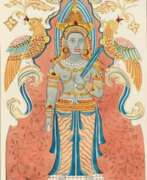

Edward Upham was a British bookseller, antiquarian and orientalist writer.
Upham was Sheriff and Mayor of Exeter, and a Fellow of the Royal Asiatic Society and the Society of Antiquaries of London. He had a lifelong fascination with the Orient and wrote several historical and popular science works on Egypt, the Ottoman Empire, China and India.
